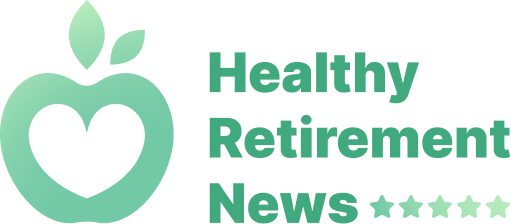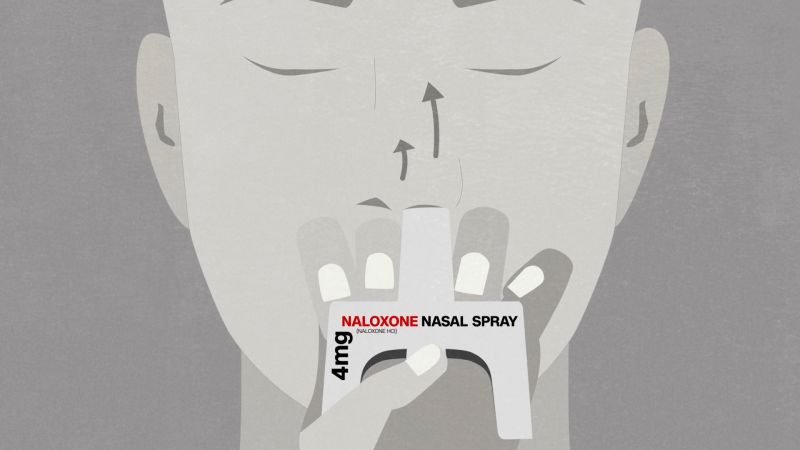The Biden administration launched an initiative Wednesday that it describes as a nationwide call to increase training on and access to life-saving opioid overdose reversal medications, dubbed the Challenge to Save Lives from Overdose.
Naloxone, sometimes sold under the brand name Narcan, is a medication that can rapidly reverse the effects of an opioid overdose. Studies have showed that people are easily able to administer the life-saving drug in its nasal spray form without the need for any medical expertise and minimal training.
To expand access, the US Food and Drug Administration approved an over-the-counter Narcan spray in March 2023, and it approved the first generic nonprescription nasal spray in July. Without the need for a prescription, anyone can buy the sprays at pharmacies, in grocery stores and even in vending machines.
White House Domestic Policy Adviser Neera Tanden said in a briefing Tuesday that the overdose crisis is a “top priority” for the Biden administration, which has invested more than $100 billion to disrupt the flow of illicit drugs and expand access to drug treatment.
Funding from the federal government’s State Opioid Response grant program has helped deliver nearly 10 million free naloxone kits across the country, preventing more than 600,000 overdose deaths, Tanden said, but the White House is now challenging private companies and people across all sectors to commit to increasing training and broadening access to the medication.
Although naloxone is widely available, some public health officals say it is sometimes difficult to find, and the price can be prohibitive for some.
“We really want to make sure that we’re flooding the zone with naloxone where appropriate to ensure that everyone who needs it can get access,” Tanden said.
The new initiative encourages organizational leaders to commit to train employees on how to use opioid overdose medications, to keep naloxone in first aid and emergency kits and to distribute the medication to employees and customers.
“Today, we’re calling on organizations and businesses – big and small, public and private – across the country to help ensure all communities are ready to use this life-saving tool to reduce opioid deaths,” the White House said in a fact sheet about the new initiative. “As the drug supply has gotten more dangerous and lethal, we’re asking allies to join us because we all must do our part to keep communities safe.”
Tanden pointed to organizations like Ryan Companies, a commercial real estate company that has promised to distribute naloxone and provide overdose response training to its nearly 2,000 employees.
Other organizations that have stepped up include the American Library Association, which is providing libraries with resources including overdose response training for staff members and the public, as well as supporting the distribution of naloxone and overdose aid kits to the public, the administration said.
Southwest Airlines has put naloxone in emergency medical kits on 65% of its planes and plans to stock 100% of its medical kits by the end of the year. The Los Angeles Unified School District, the country’s second largest, has put naloxone in all K-12 schools, adult and early education centers.
Tanden said this initiative is a key pillar of the administration’s agenda.
Although the number of overdose deaths in the US has held steady recently, the nation has many more than other high-income countries, research shows. Almost half of adults in the US say they personally know at least one person who died from a drug overdose, according to a survey released this year.
Overdose deaths spiked 30% between 2019 and 2020 and another 15% between 2020 and 2021, according to the US Centers for Disease Control and Prevention, and synthetic opioids were largely to blame. Drug overdose deaths reached a significant high in 2022 with more than 109,000, according to provisional data from the CDC, and fentanyl had been a significant factor contributing to the rise.
Provisional data published by the agency in February suggests that 2023 is on track to be another devastating year; more than 111,000 people died from a drug overdose in the 12-month period ending in September. Synthetic opioids, primarily fentanyl, were involved in more than two-thirds of those deaths.
“We know that the best way to save lives is to strengthen access to medications that reverse overdoses like naloxone,” Tanden said.

